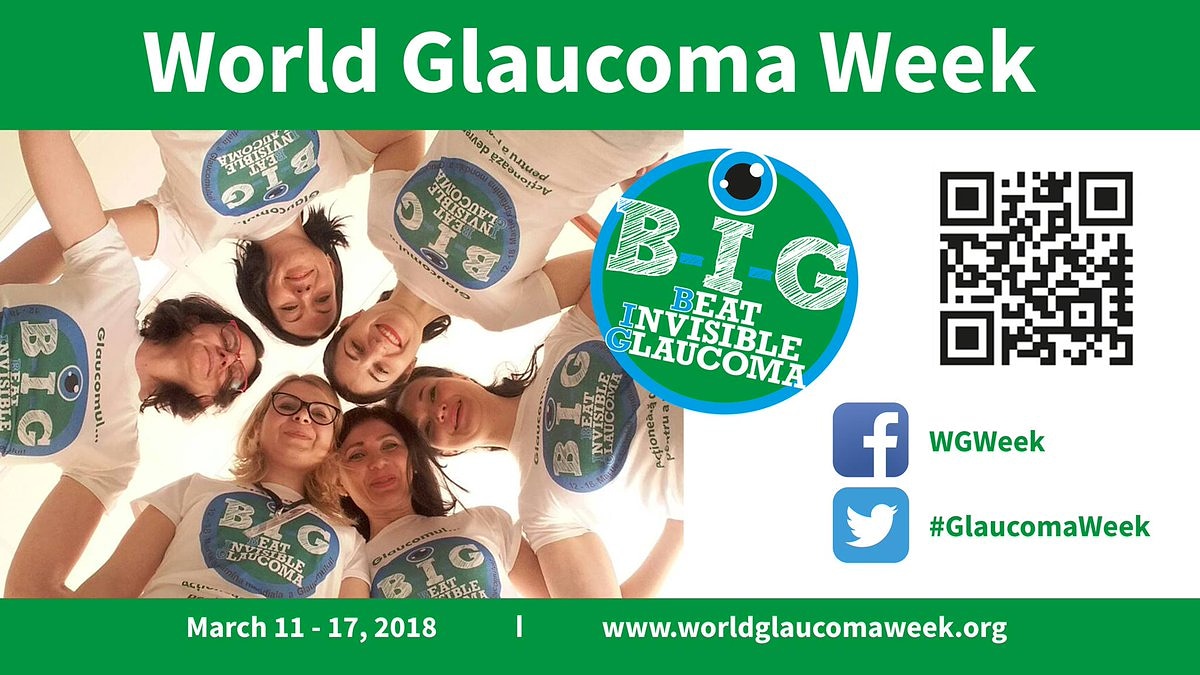
‘The silent blinding disease’, ‘the sneak thief of site’, no
matter what you call it, or what variety you have, glaucoma is a terrible
disease – and by 2020 s many as 11.2 million could be suffering with it
undiagnosed.
This is why, during world glaucoma week, this week our
Facebook Live session concentrated on some of the key facts about glaucoma.
Be aware
While traditionally thought of as a disease that can affect
older generations, glaucoma can strike at any age. Crucially if left untreated
it can cause blindness, making regular sight tests vital.
Is it in the family?
Again, while glaucoma can affect any member of the public,
it is common to find it in families where another relative is already
suffering. For those with a family history of the disease we recommend eye
tests every year, instead of two years, are vital to look for signs of any
development.
Check your blindspot
The damage from glaucoma generally begins in the optic
nerve, or ‘blindspot’. Damage presents
on the long nerves before moving towards your retina and affecting your
peripheral vision first before moving in to the rest of the eye at varying
speeds.
You may not see the
problem
Your brain is a wonderful mechanism, and it will compensate
more than you realise; particularly in the early stages of glaucoma. It will
remember sites and ‘paint over’ the blurry vision of your peripheral vision so
you may not even notice you have it at first.
It is only through regular eye tests that any early symptoms
of glaucoma can be detected.
What happens next?
While the glaucoma itself can sound terrifying, you’ll be
relieved to know that the cure is generally not too arduous. Once a patient has
been referred from an optician to a hospital for further diagnosis they will be
given drops, used every day, to help stave off the spread.
Unfortunately, glaucoma currently has no known cure but,
rather than jump straight to surgery, drops can usually be a great method for
staving off the effects.
Check out more about the progression and typical timelines
on our
latest Facebook Live video.

